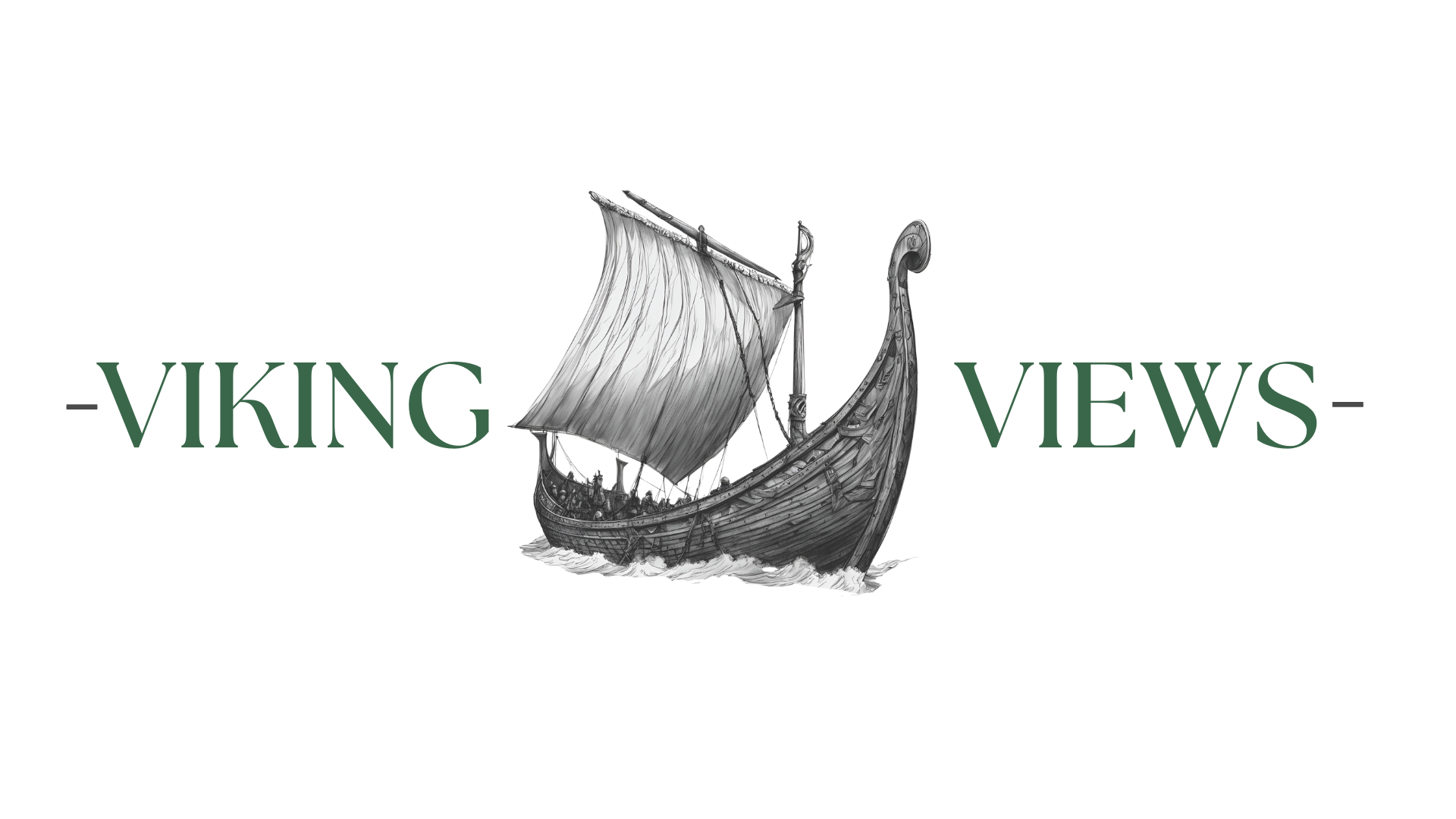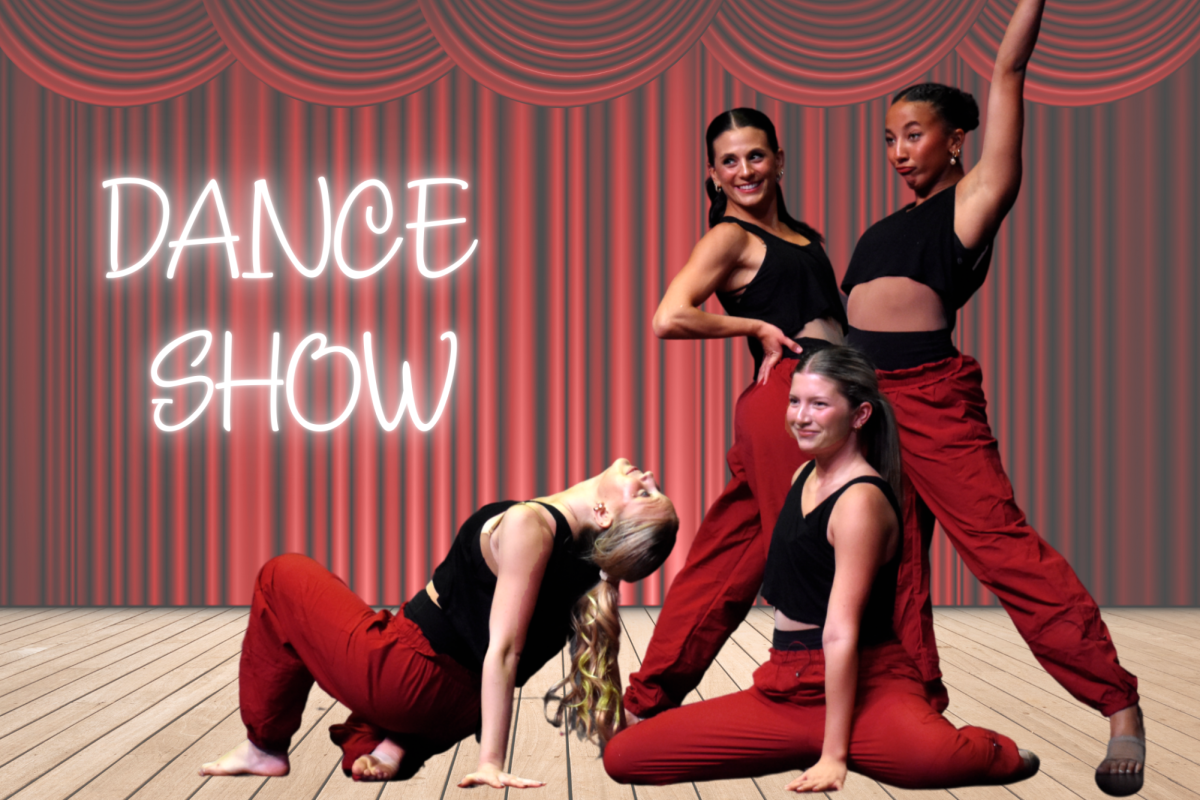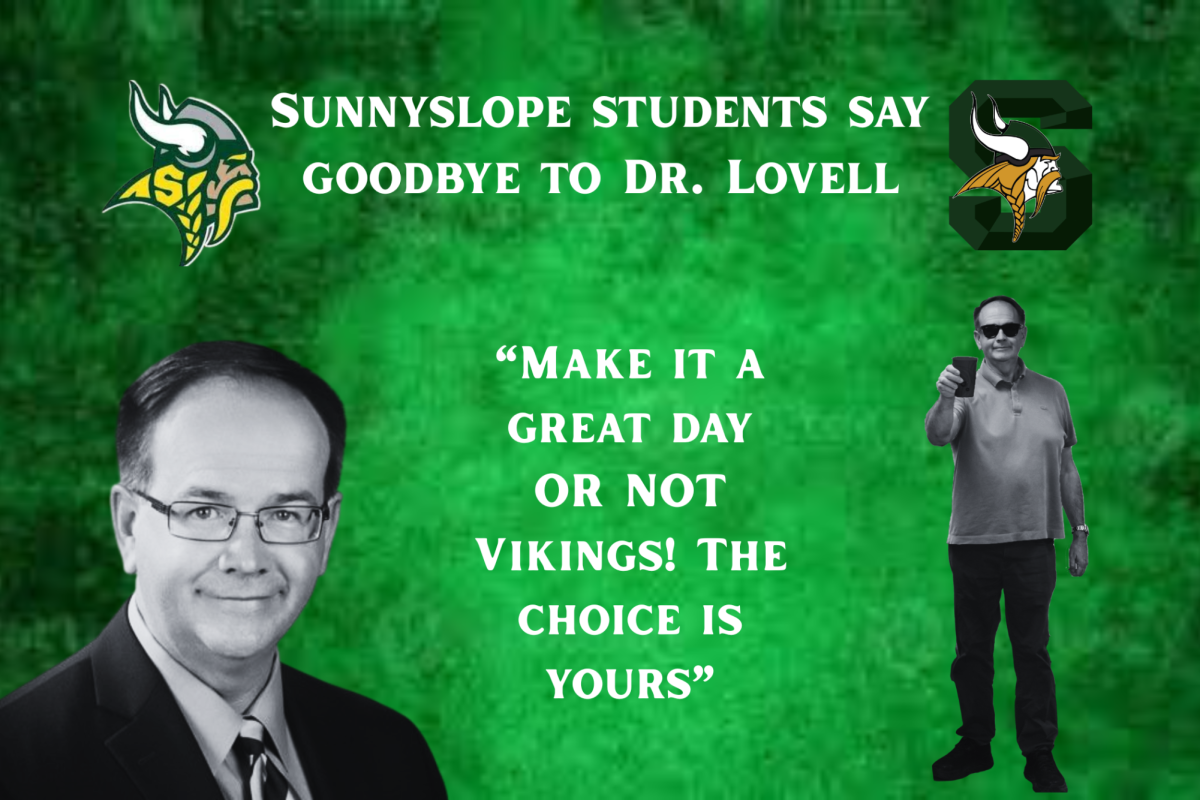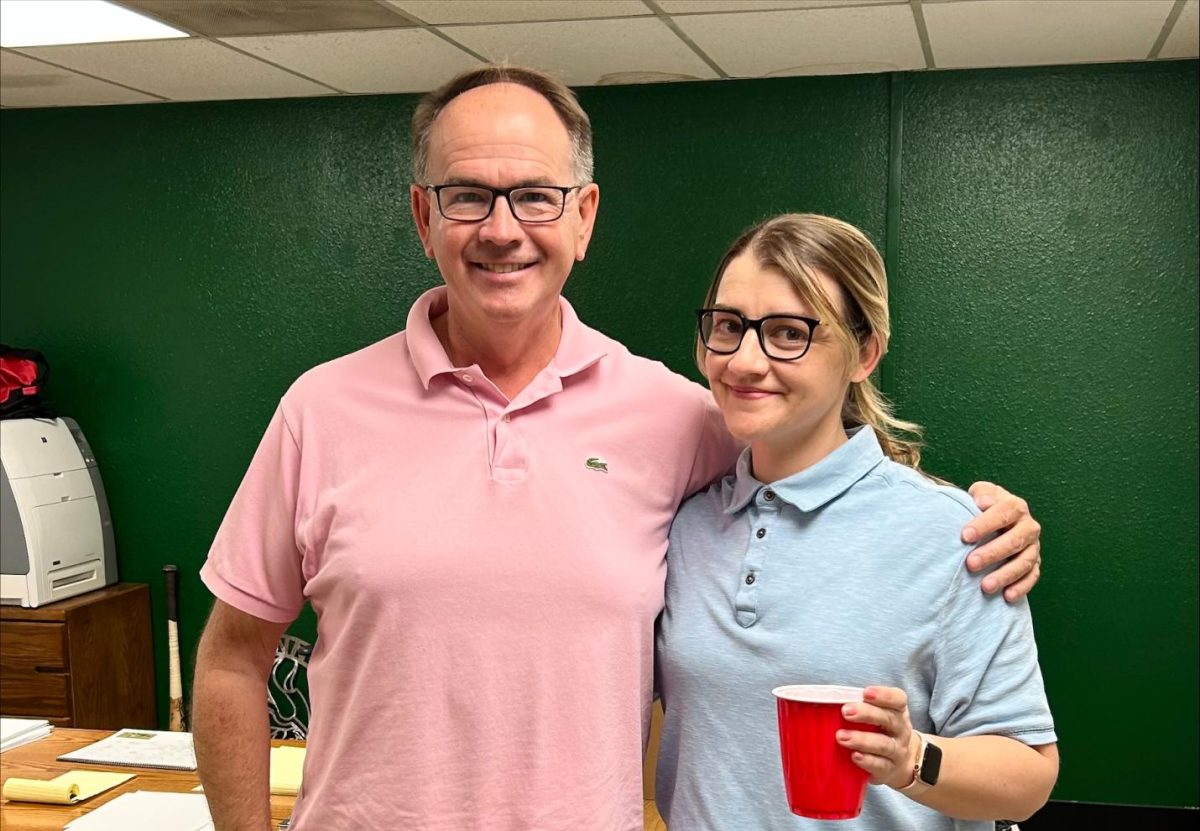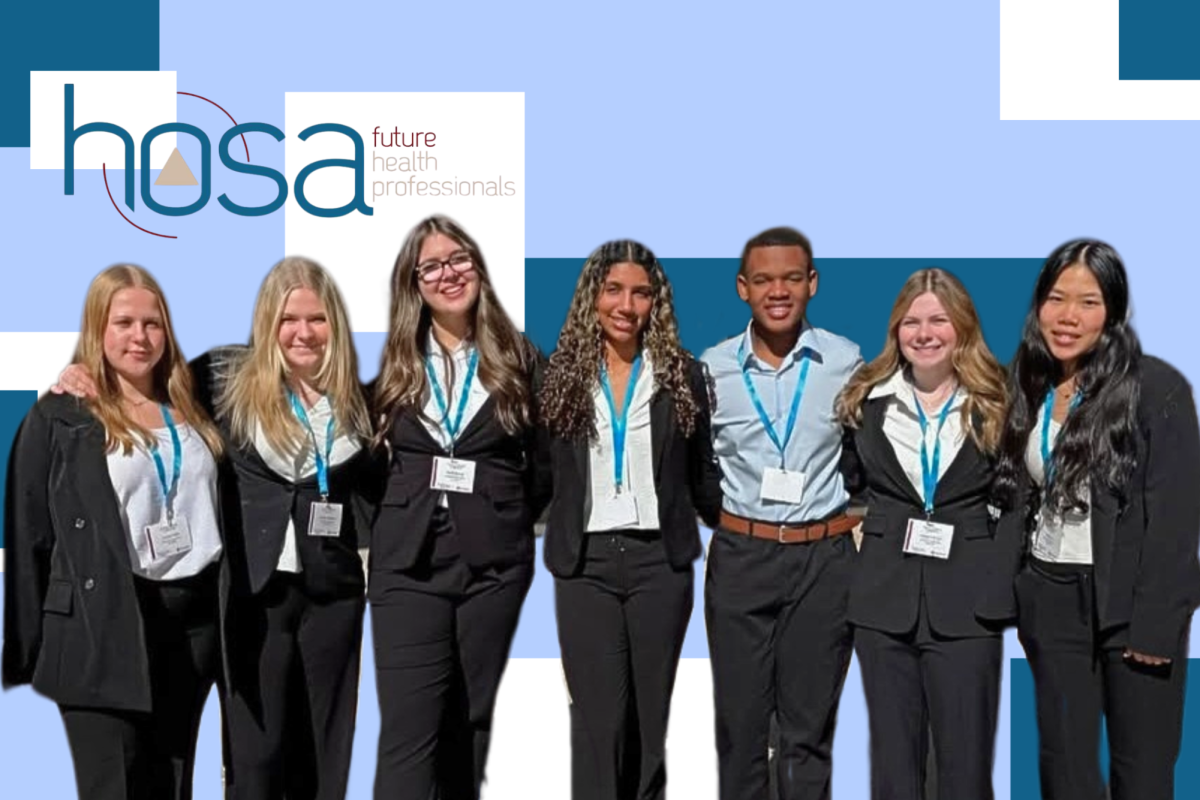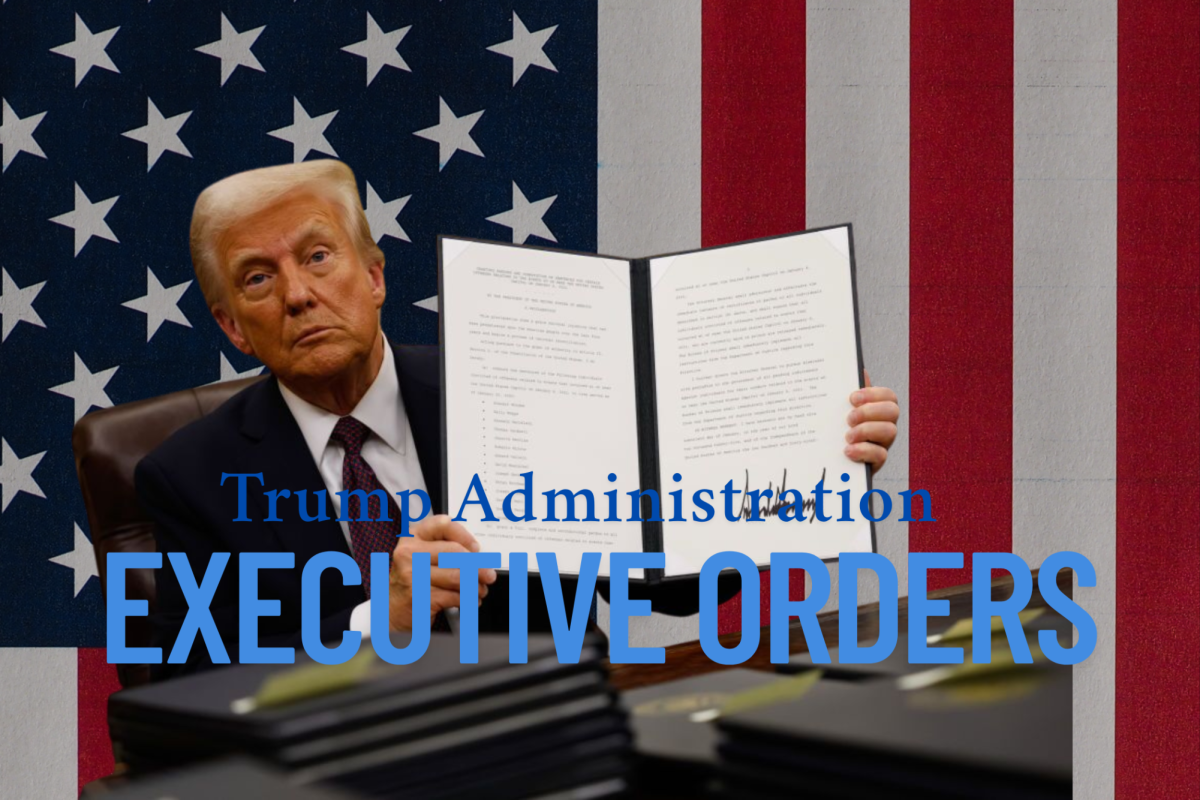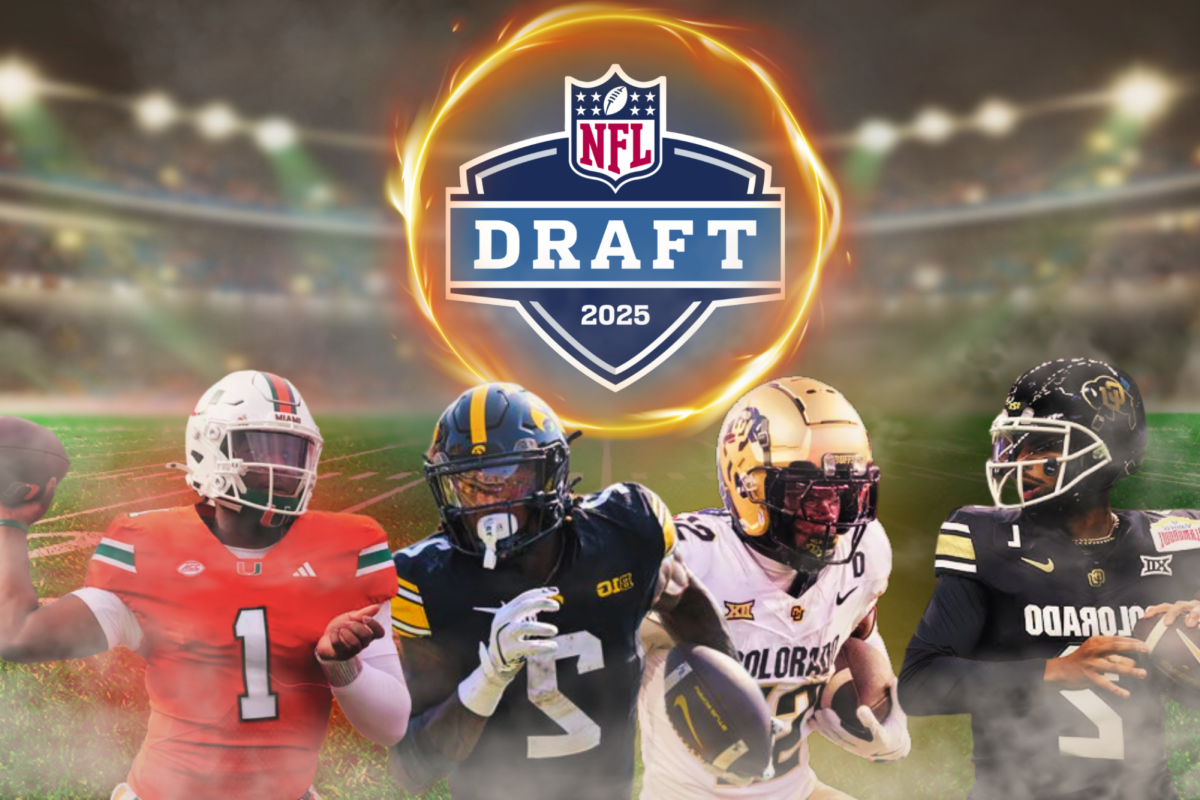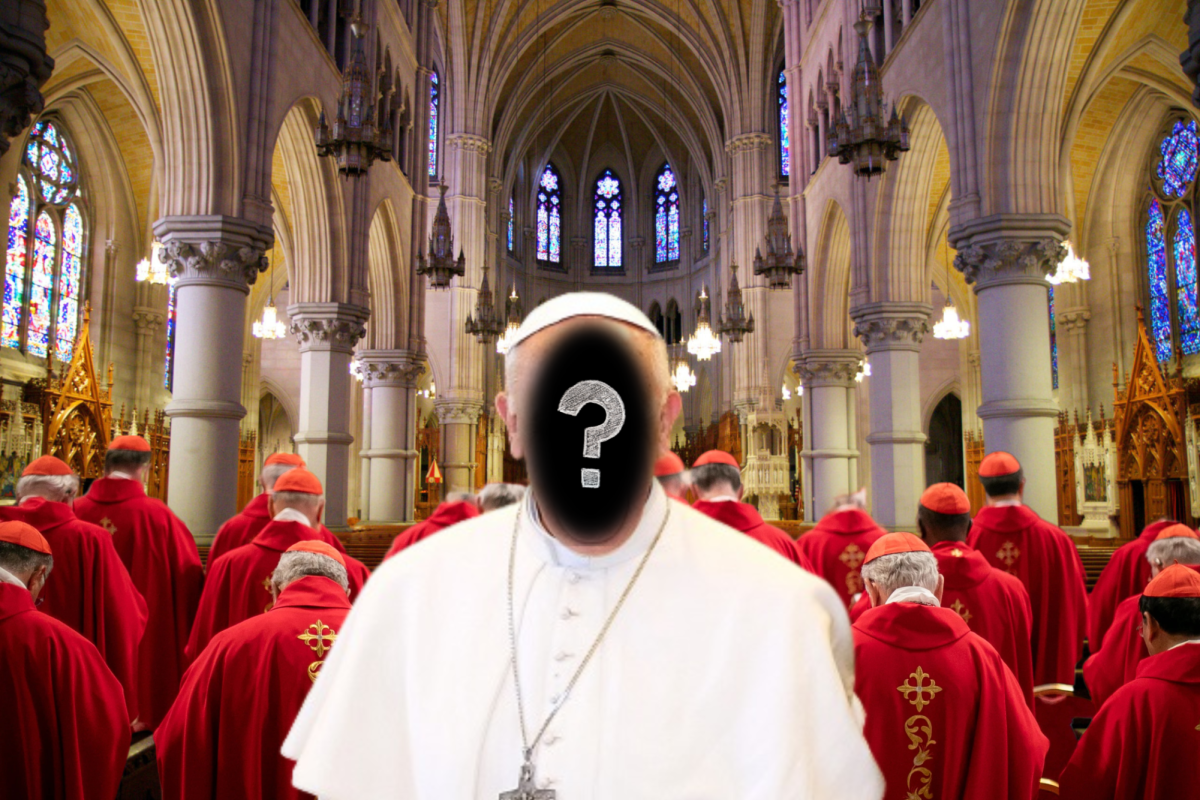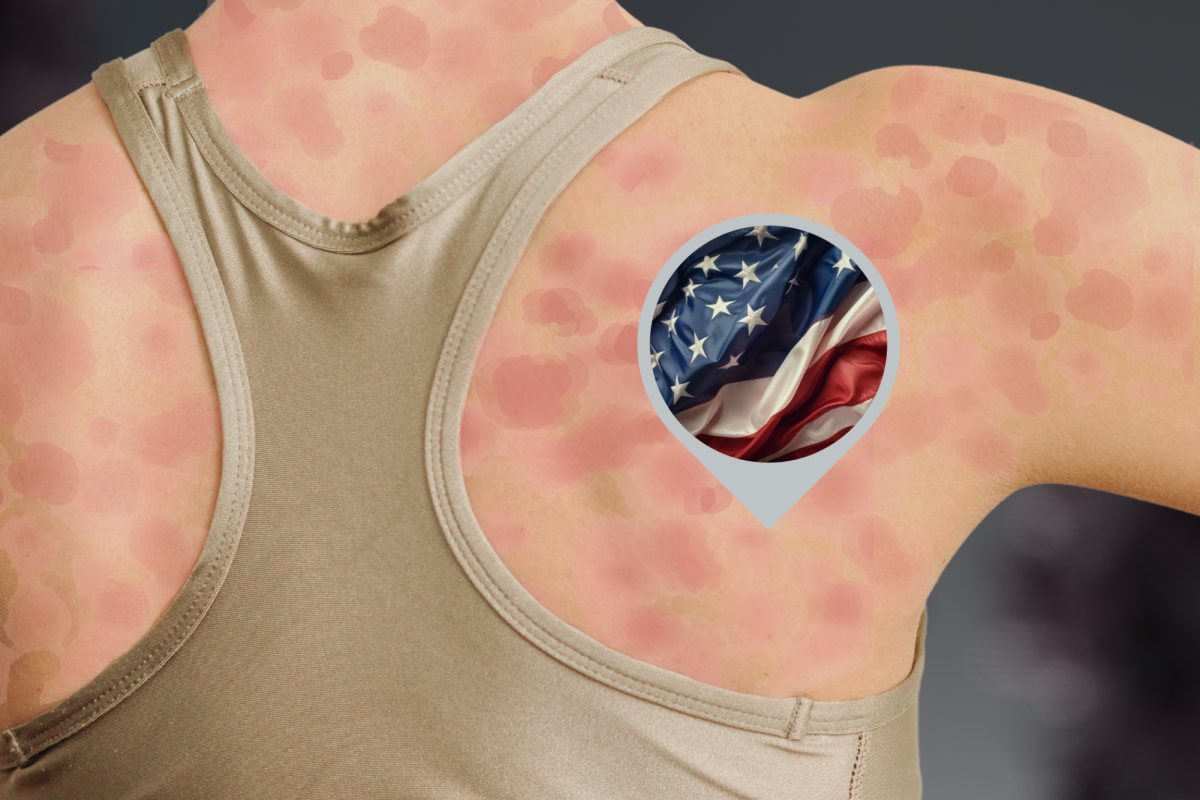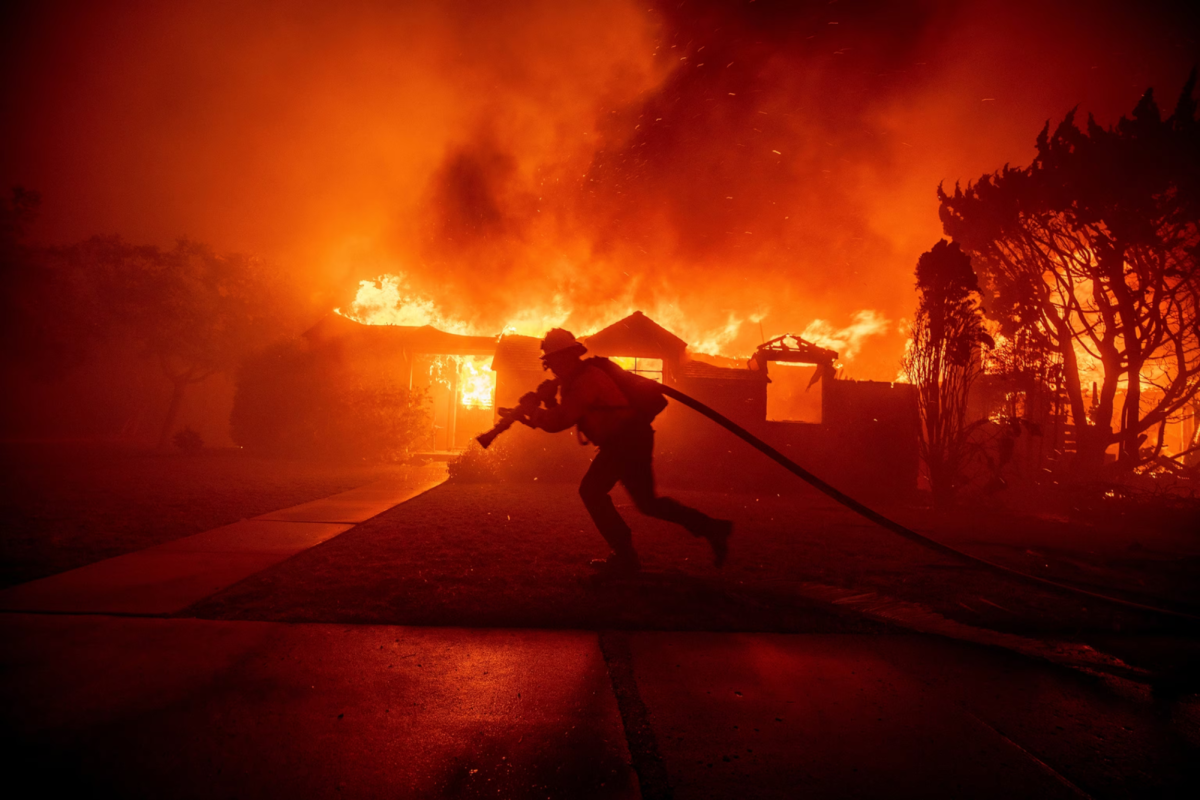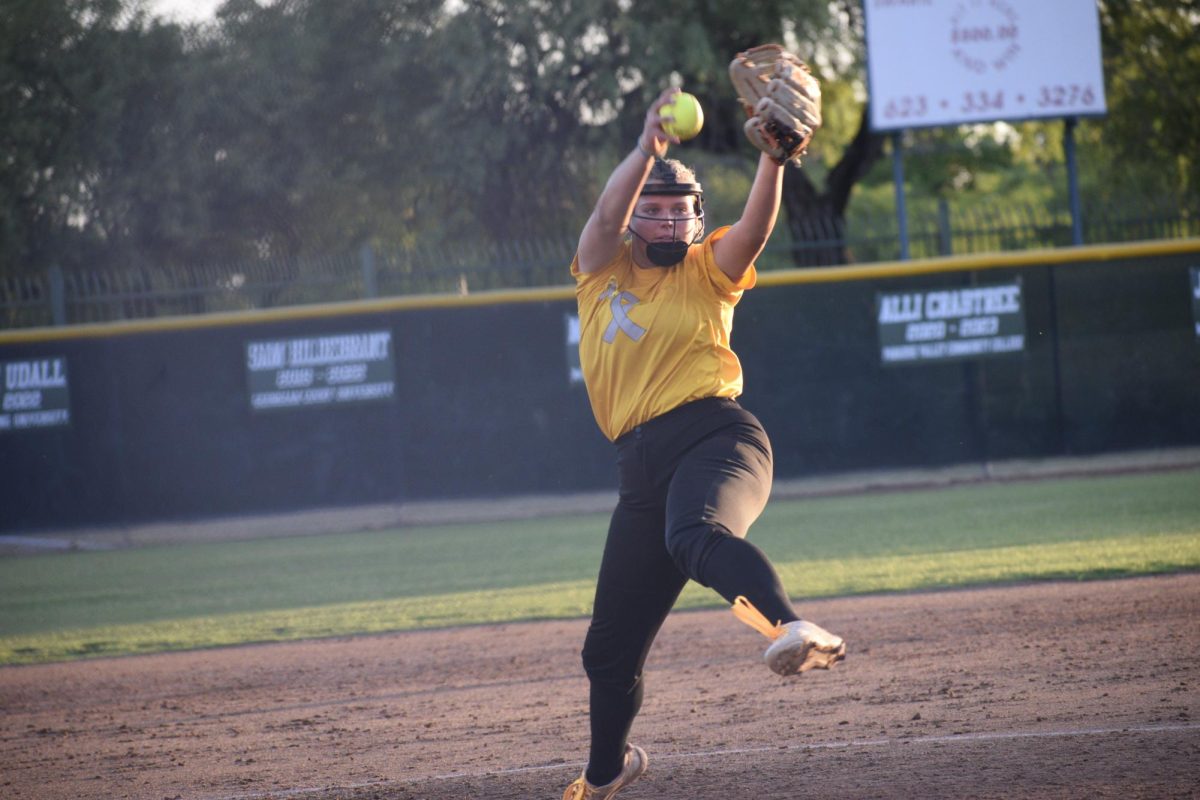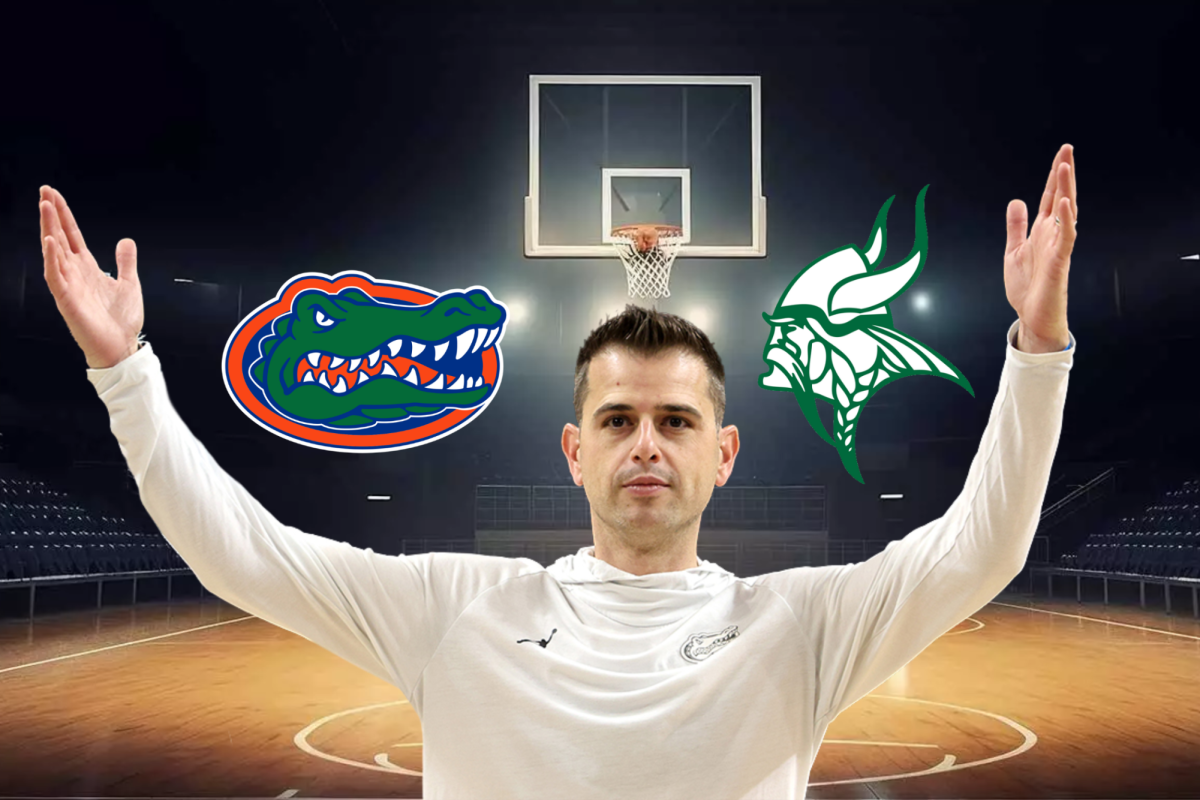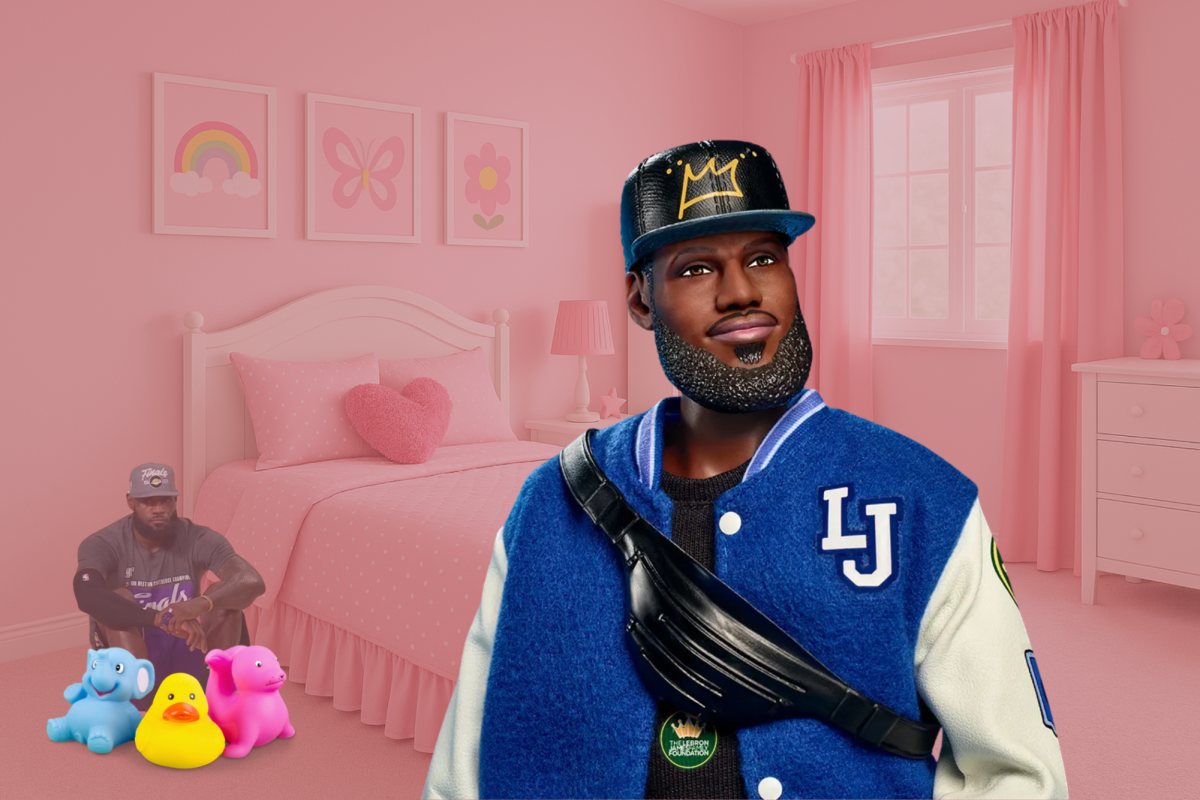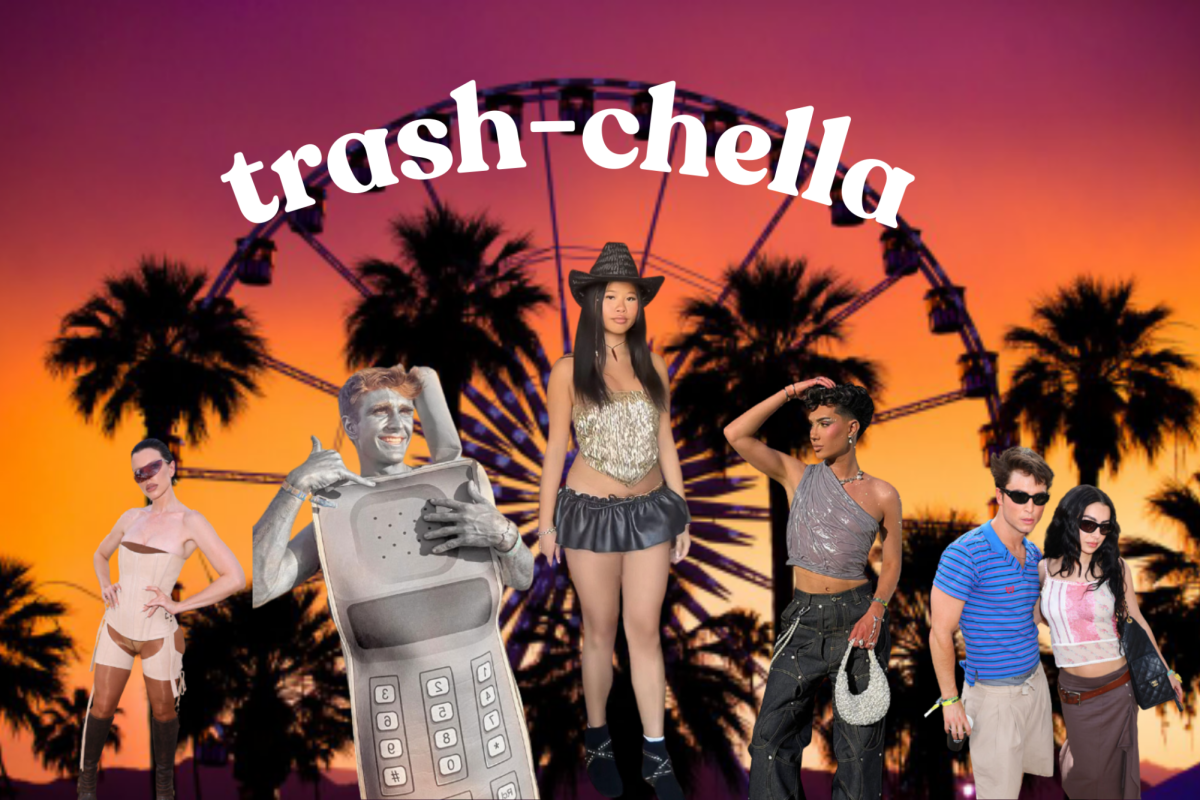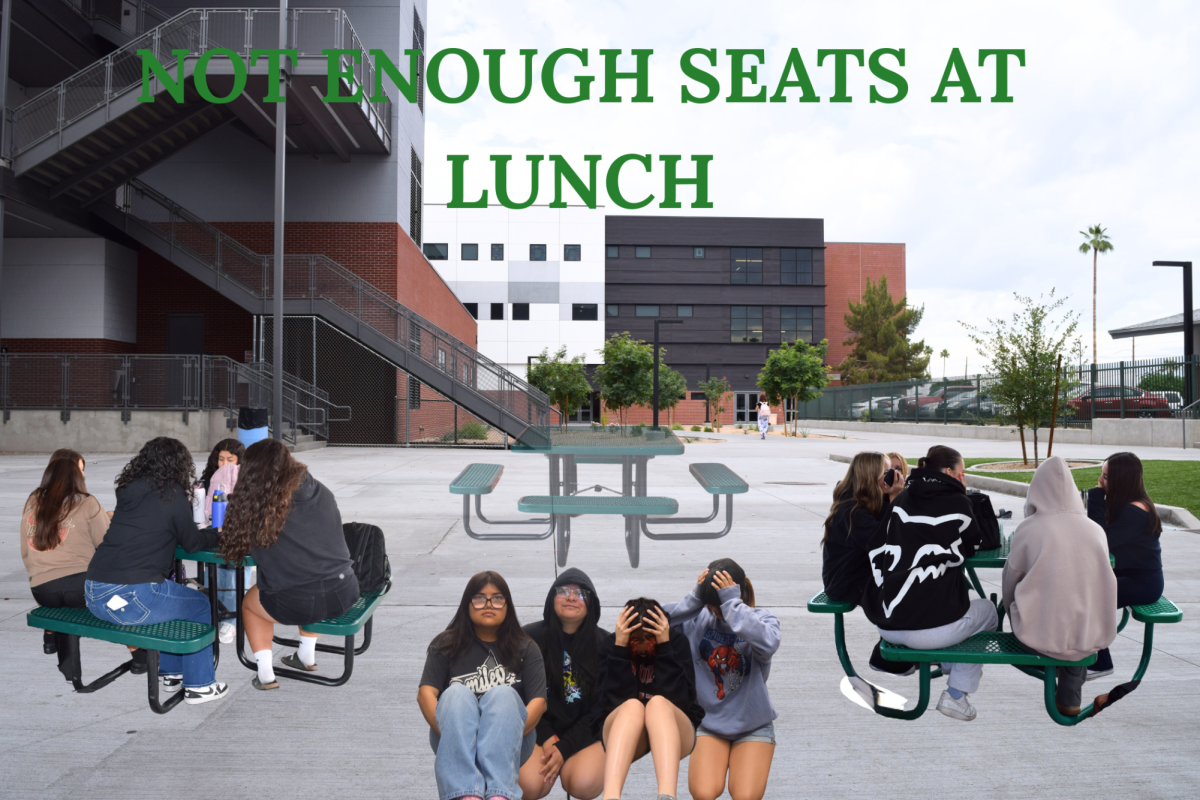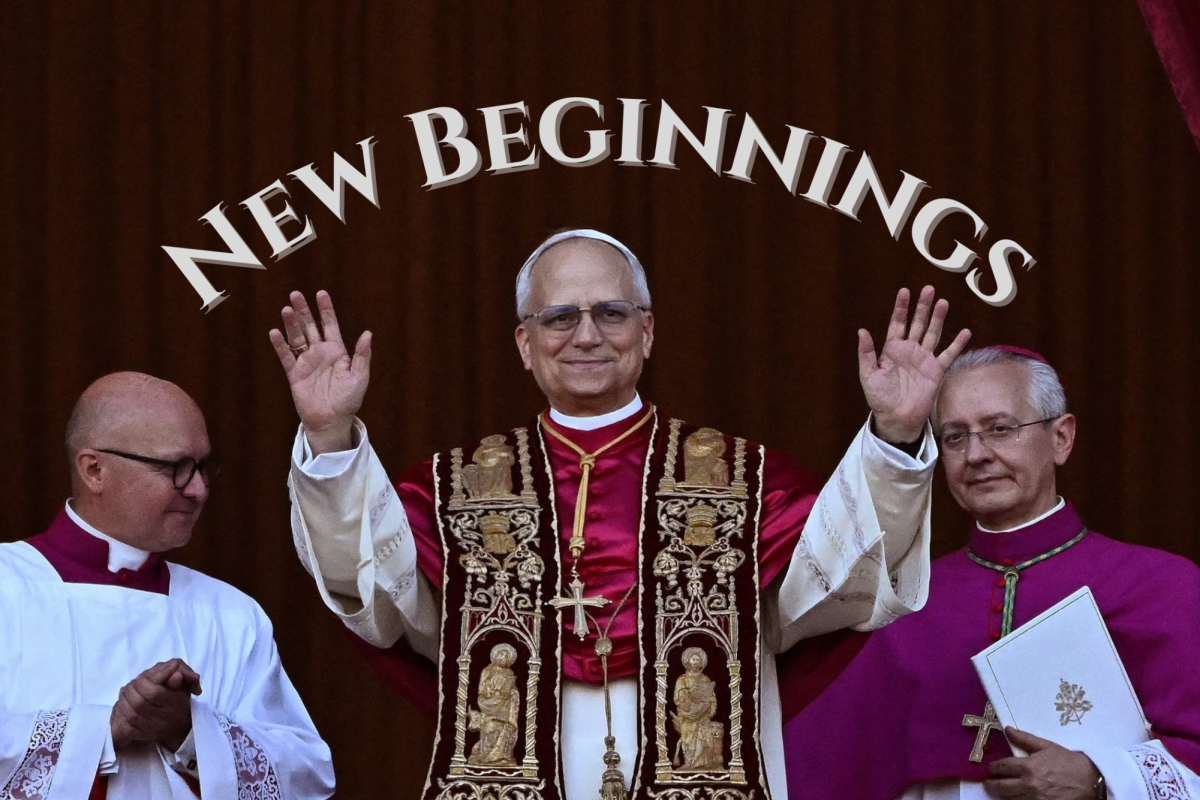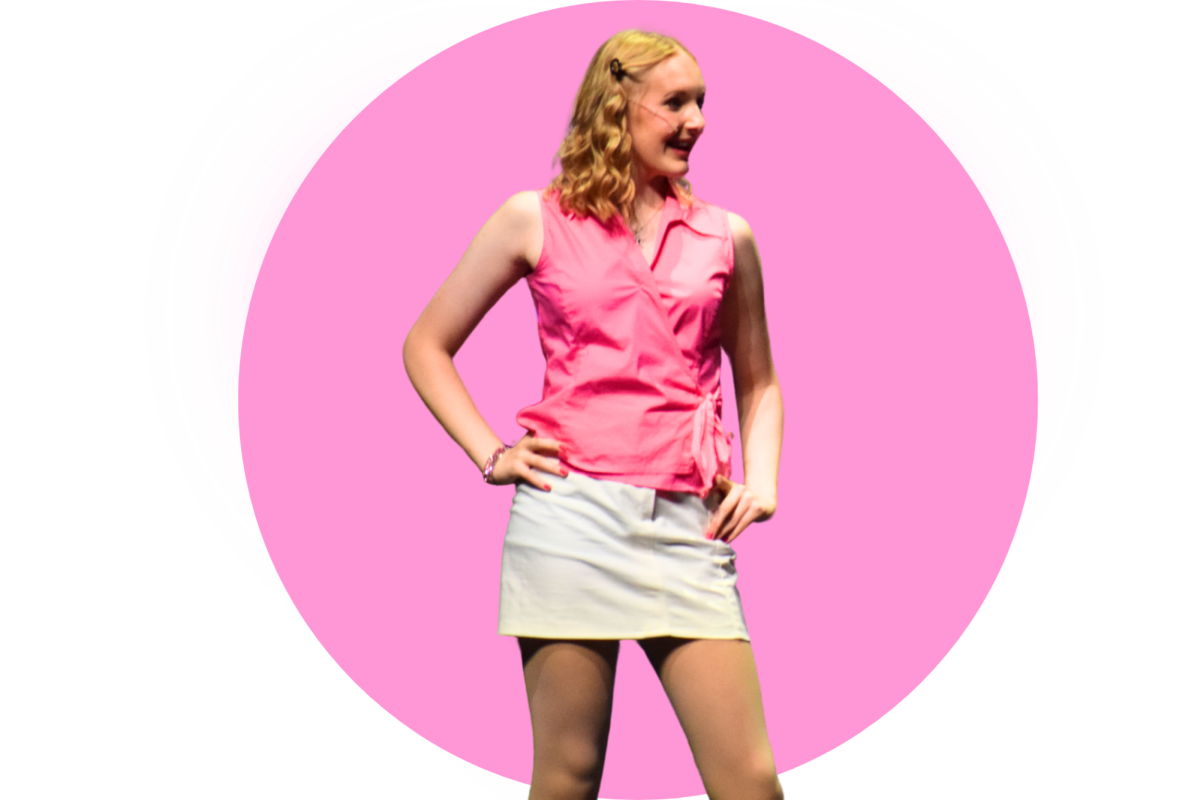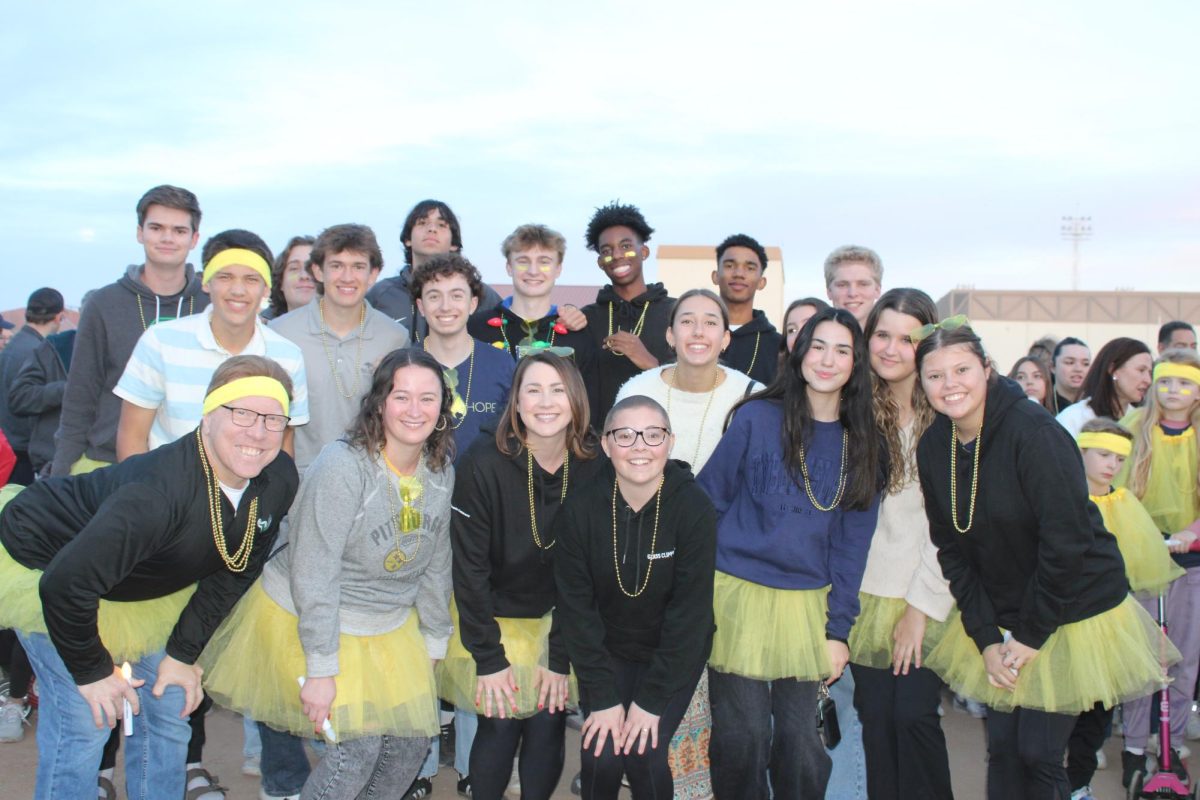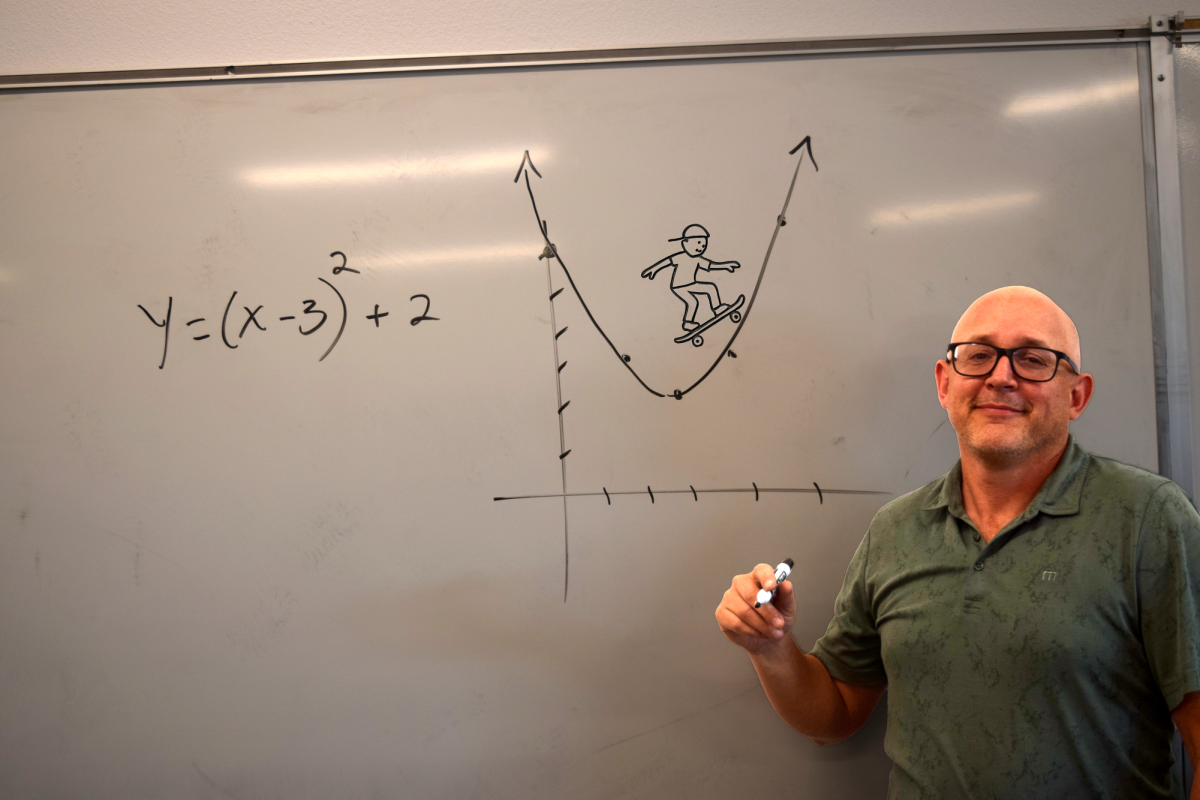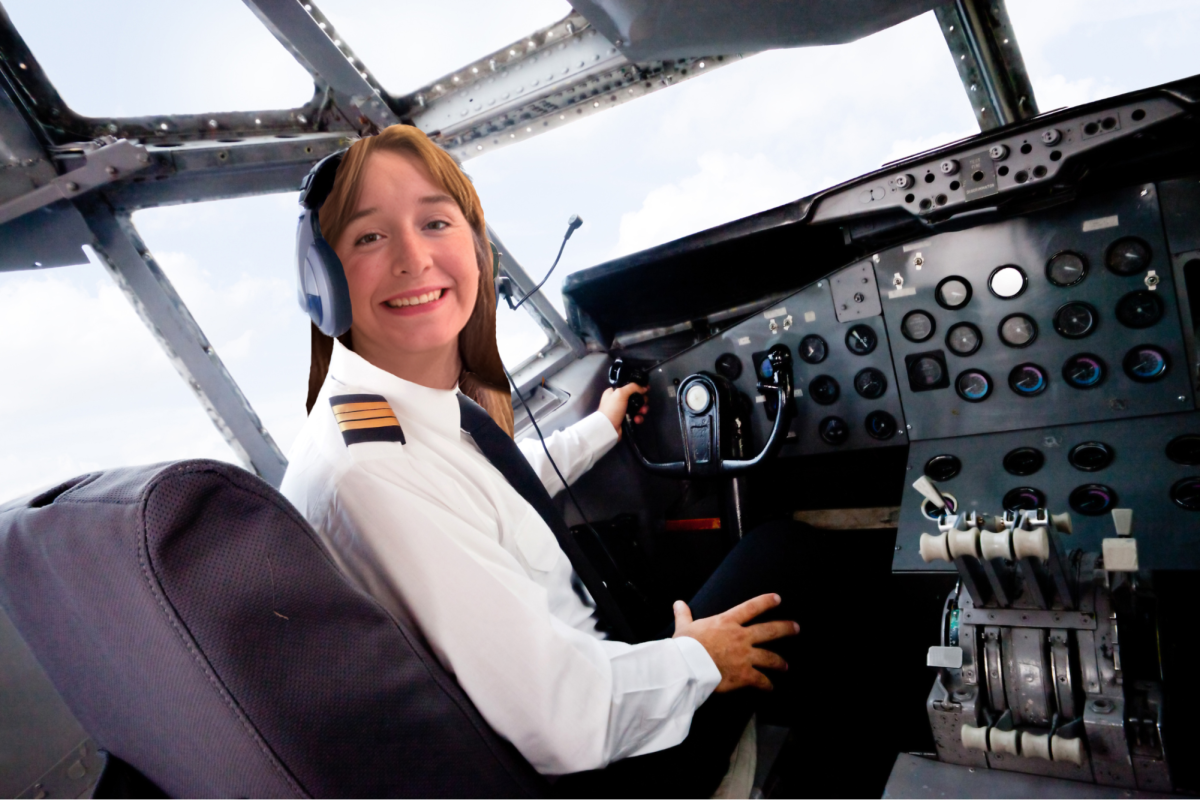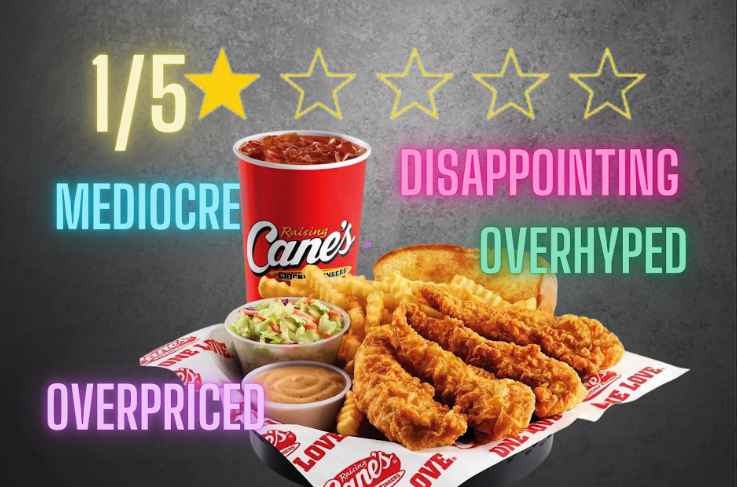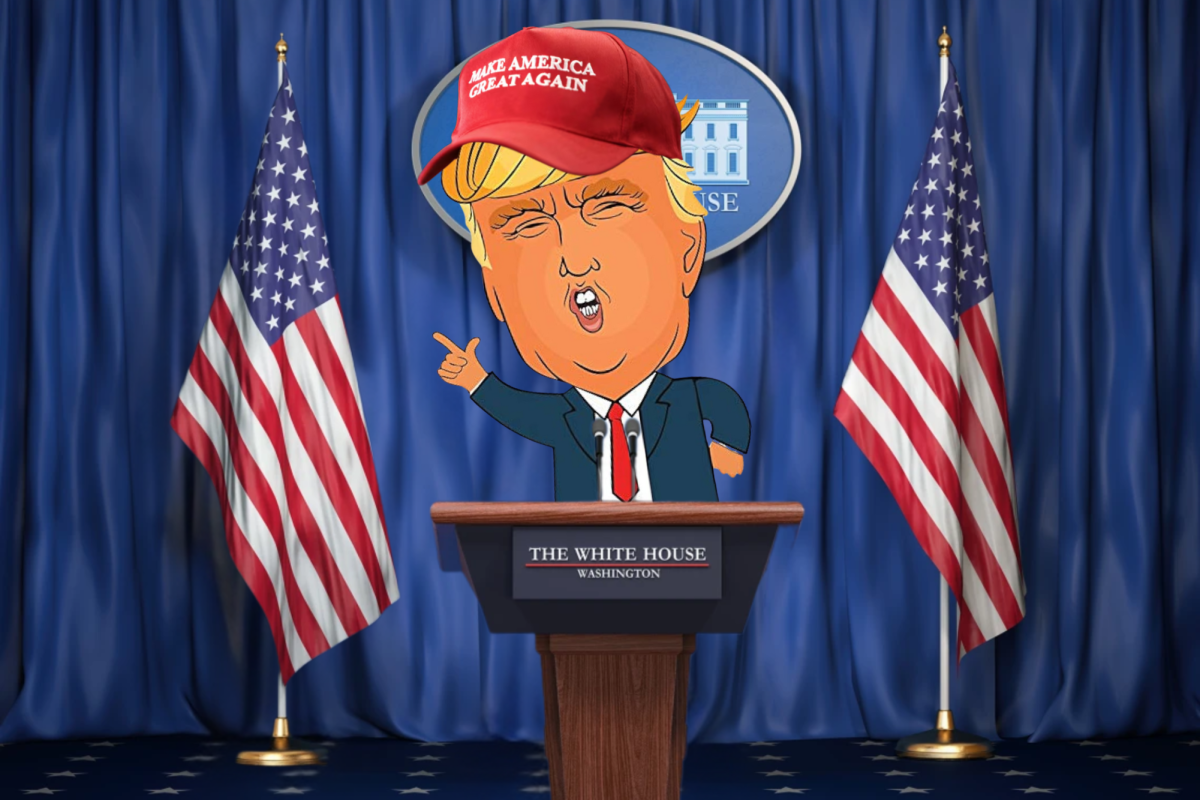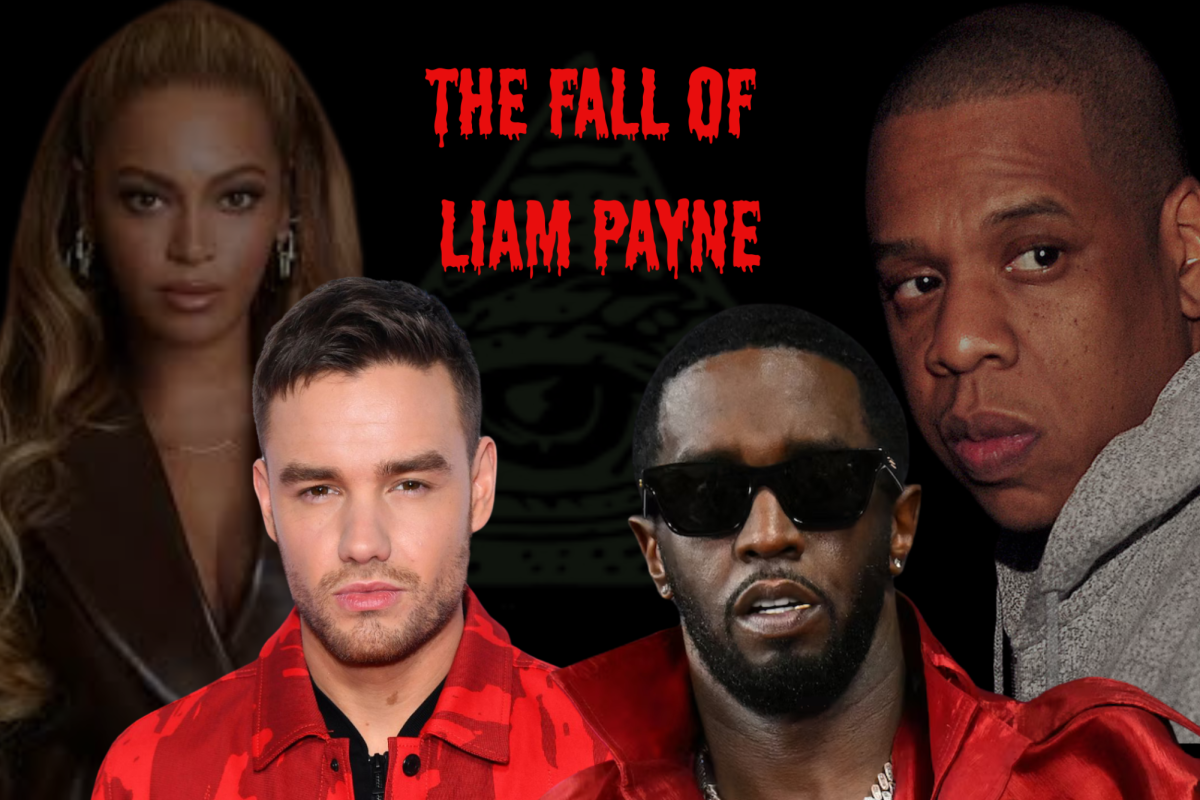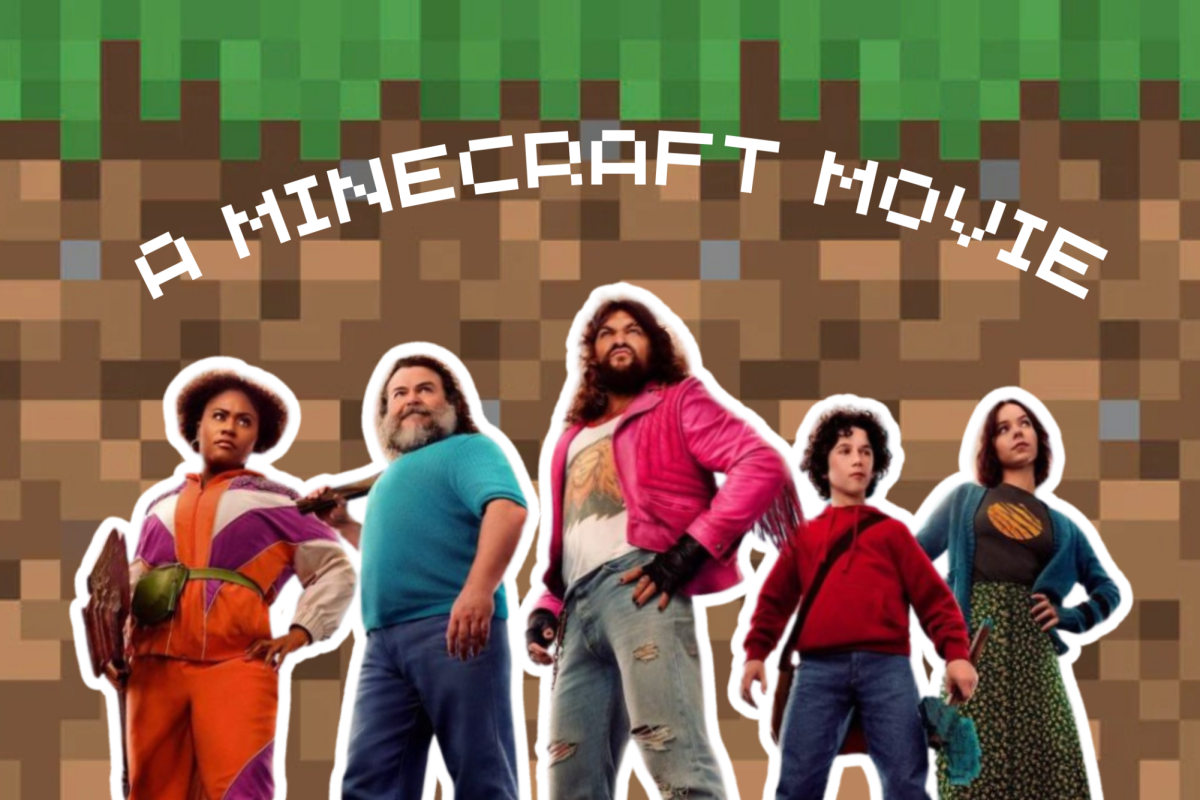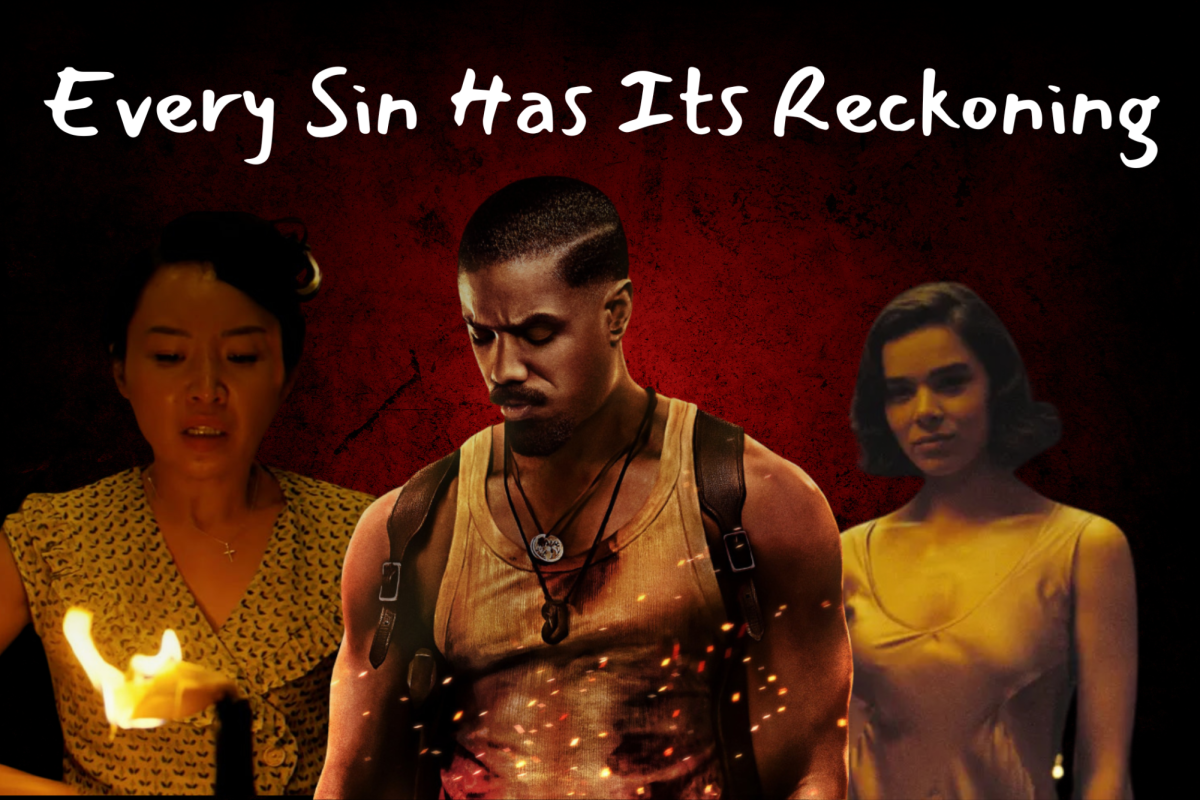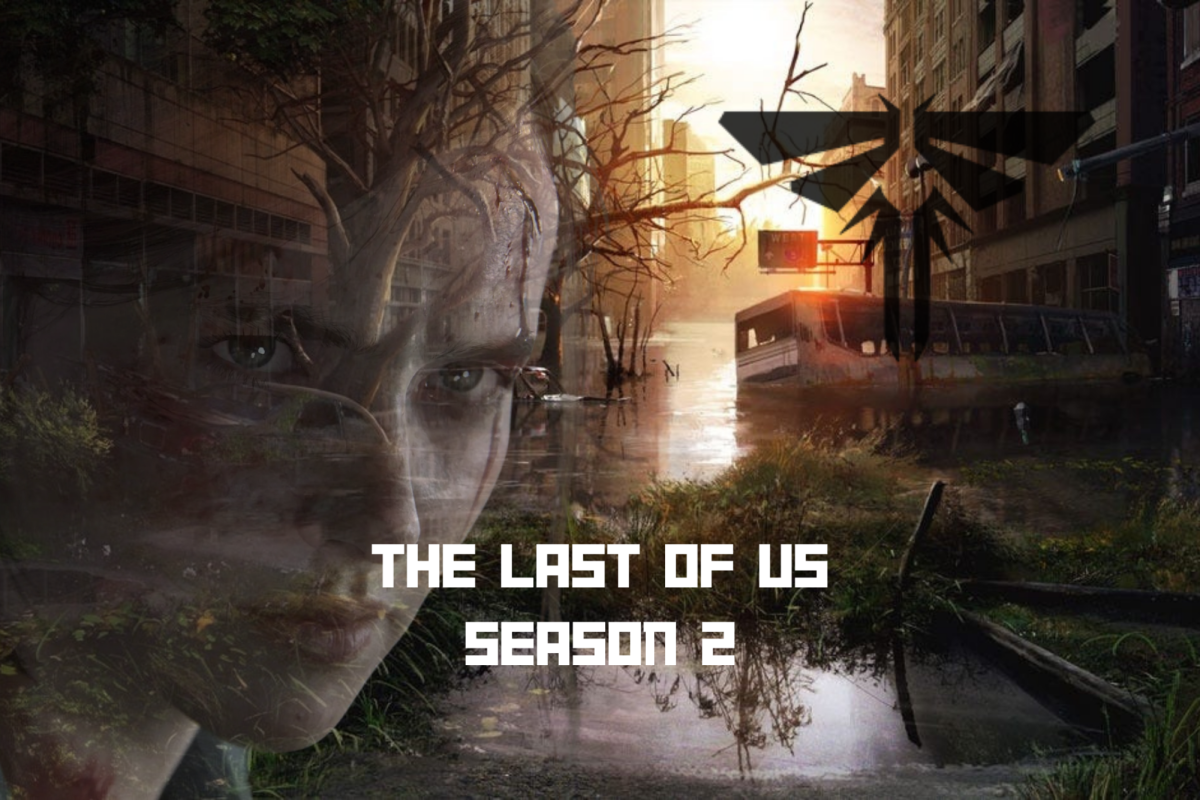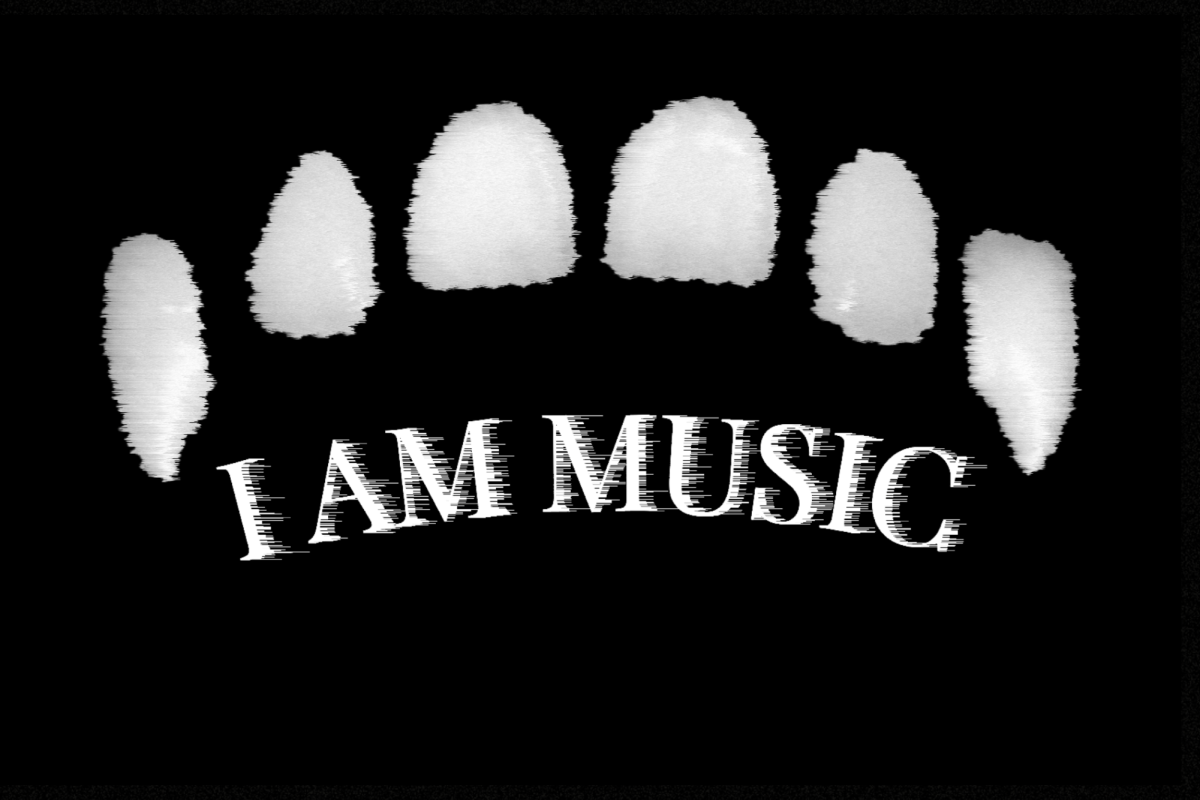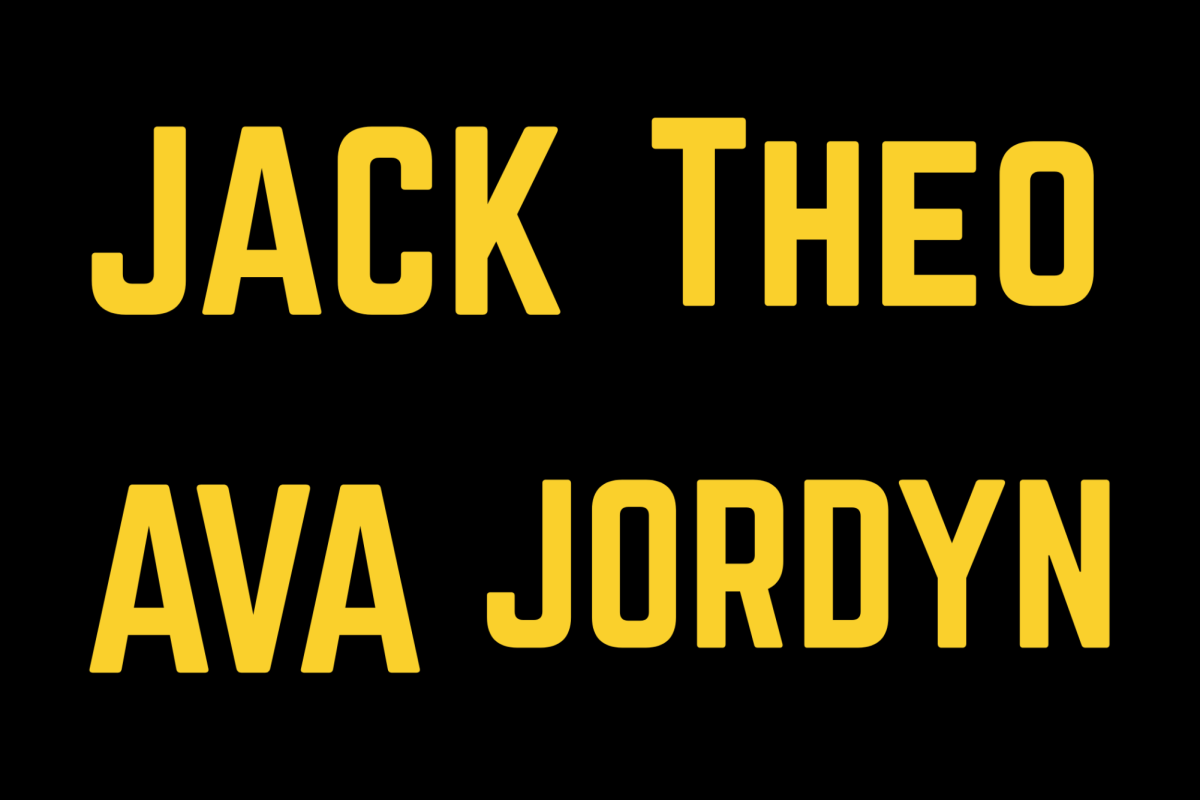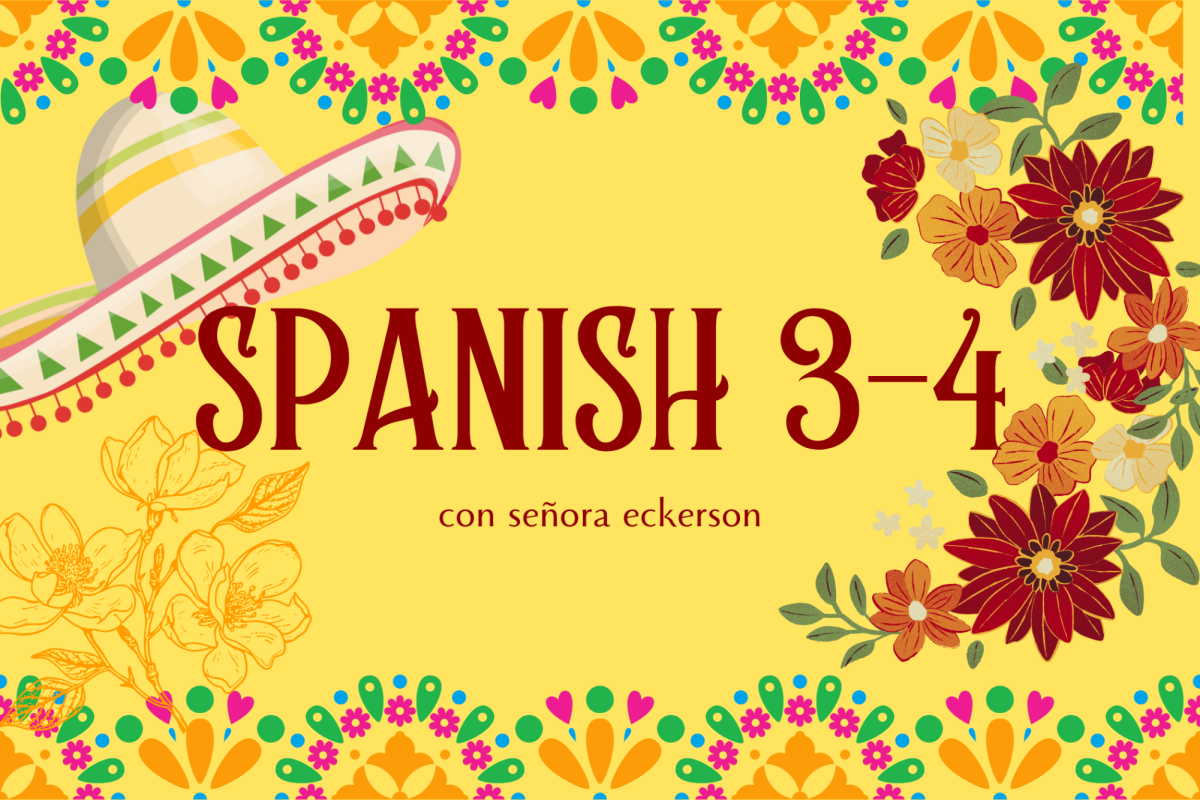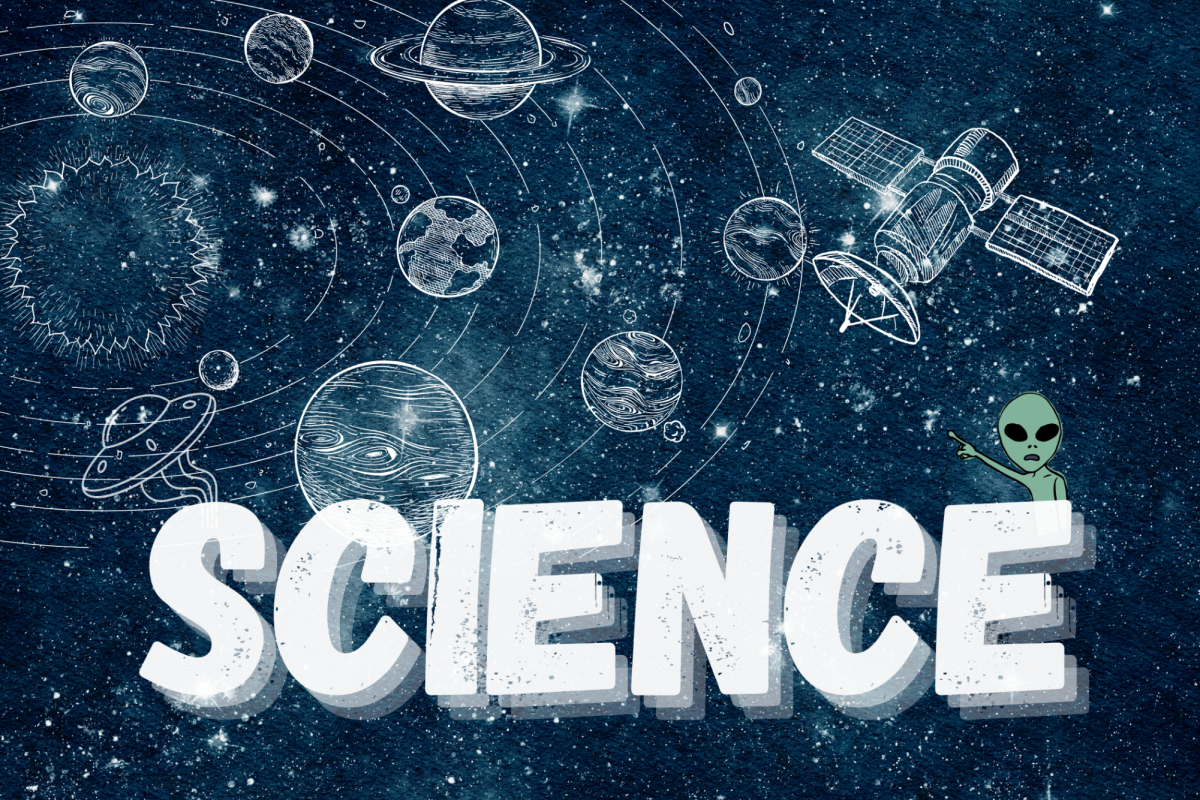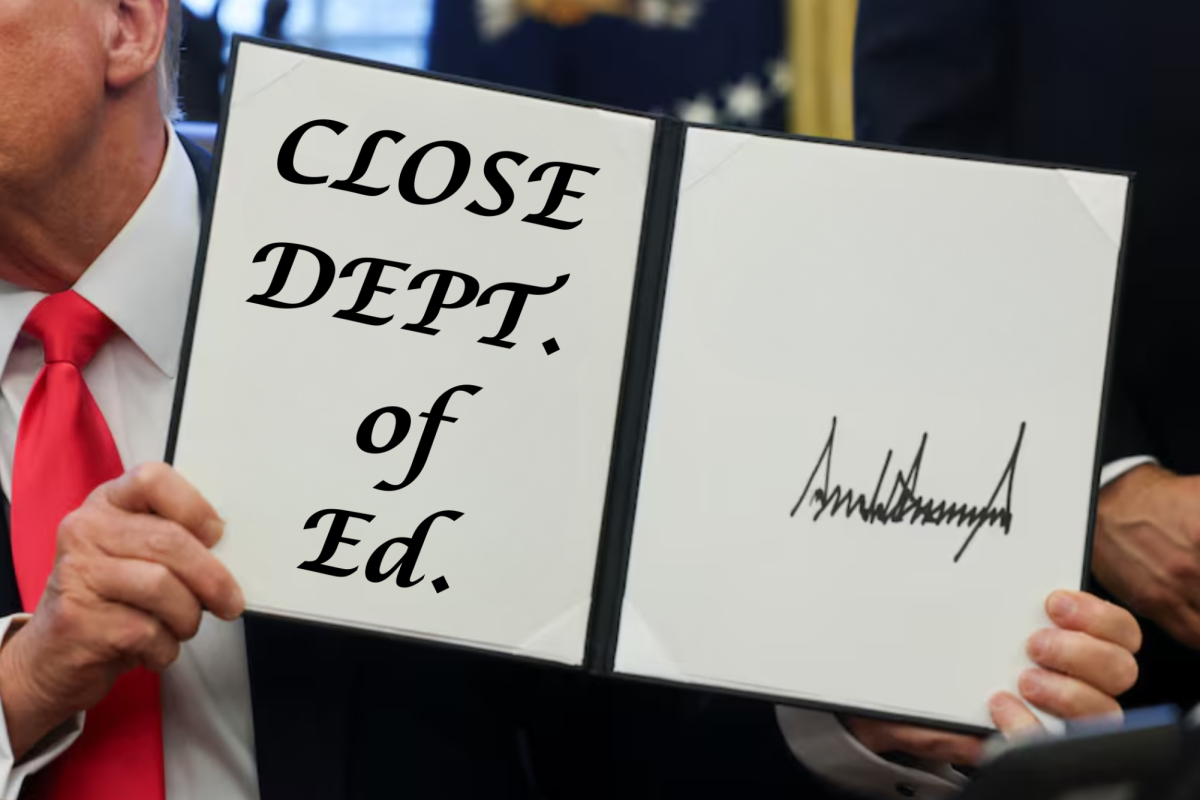On April 21, tragedy struck.
After suffering from a stroke and heart failure, Pope Francis passed away at the age of 88.
Since his passing, Catholics and non-Catholics alike have been waiting in suspense to find out who the new pope would be.
The movie Conclave, released in 2024, is a thriller that explores the ancient, secretive process of choosing a new pope; people were enthralled by this, and the Monday following Francis’s death, Conclave views spiked 283%, according to Luminate.
On Wednesday evening, the long awaited white smoke billowed from the Sistine Chapel, signaling the Cardinals’ final decision.
Pope Leo XIV, formerly Robert Francis Prevost, was chosen to fulfill the papacy.
On May 8th, at St. Peter’s Basilica, Leo was formally installed.
During his first speech, he spoke both Spanish and Italian, representing the old and the new.
Leo was born in Chicago and spent a significant period of his life in Peru, where he served for the Church as a bishop.
He is the 267th pope, but the first American one.
Leo is considered to be more of a moderate than Francis, who was regarded as progressive.
However, he has been known to share many of the same beliefs, and was very close to Francis.
Leo has expressed support for “Pope Francis’ vision on such issues as immigration, the environment, and care for the poor,” according to the U.S. Catholic.
With decades of experience within the church, the world has already seen Leo’s position on certain issues.
- Immigration: Although Leo is American, he has, in the past, gone against United States President Donald Trump– especially on the issue of immigration. He has expressed the perspective that restrictive immigration policies do not align with his religious beliefs. While serving in Peru, Leo advocated for the rights of Venezuelan refugees. John Prevost, Leo’s brother, said “I know he’s not happy with what’s going on with immigration. I know that for a fact. How far he’ll go with it is only one’s guess, but he won’t just sit back. I don’t think he’ll be the silent one.”
- Racism: Following the Black Lives Matter movement in 2020, he said “We need to hear more from leaders in the Church, to reject racism and seek justice.”
- Women in the Church: In regard to ordaining women, Leo said in October 2023 that women may contribute “a great deal to the life of the Church” and hold leaderhip positions within the church; however, he is known to believe, similarly to Francis, that women could not be in the clergy.
- Transgender Rights: According to Diario Correo, he said in 2016 “The idea of promoting gender ideology is confusing because it seeks to create genders that don’t exist. So God created man and woman, and the attempt to confuse ideas from nature will only harm families and people,” but he believes everyone should “respect the dignity of each person, including the options that adult persons may have.”
- Climate Change: Leo undeniably sees climate change as a real issue. In 2024, when he was still a Cardinal, he said it is time to move “from words to action” and confront the climate crisis. He will base these actions off the Social Doctrine of the Church.
Overall, Leo emphasizes peace for all.
“We want to be a synodal church, a church that walks, a church that always seeks peace, that always seeks charity, that always tries to be close especially to those who suffer,” Leo said.
Furthermore, last year (as a Cardinal), he said “The bishop is not supposed to be a little prince sitting in his kingdom, but rather called authentically to be humble, to be close to the people he serves, to walk with them, to suffer with them and to look for ways that he can better live the Gospel message in the midst of his people.”
His character seems to be comprised of humility and authenticity–a good look for the coming years in the Catholic Church.
